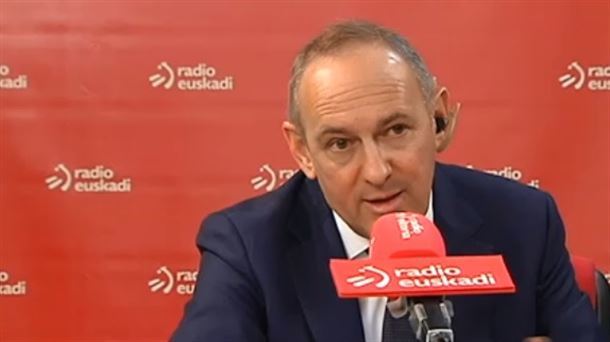Following the vote gap on the ORF reform in the Bundesrat on Wednesday, no further vote in the state chamber is needed for the law to take effect after the eight-week delay. The previous day’s vote was 29 to 29. It was not rejected and therefore not referred back to the National Council. After delaying the legislative process, no further step is required.
In the event of a tie, the appeal period of eight weeks that the Federal Council has in principle simply expires. There is no need to vote again after that. According to information from the parliamentary clubs, the postponement will expire on August 31. The Federal President must then sign the law. In any case, the reform should not enter into force until early 2024.
Two federal councilors were excused
The representatives of the coalition factions ÖVP and Groenen voted in favor of the project. Together they have 31 seats and thus actually the majority in the currently 60-strong Bundesrat. However, two of them were excused and an initially absent FPÖ mandatary appeared in time for the vote in the Bundesrat – so there was no majority.
Green mandatary followed later votes
After that, more voting problems threatened, in particular about the creation of the parent-child passport, the crisis security and crisis camps law and the new complaints office for police brutality, which the opposition wanted to vote unanimously against. However, the coalition managed to prevent this: after long speeches (“filibusters”) by several MPs, the green Adi Gross, who had actually been reported sick, was called in in time. That was not possible with the missing ÖVP mandate, who had only given birth to a child six days ago.
GIS fee is converted into household levy
The focus of the project is on the conversion of the GIS fee into a household fee. At 15.30 euros per month, that is about 3 euros cheaper, but will have to be paid by everyone in the future once the law has been passed and comes into force. There is also a state tax in some states. A larger digital ORF offering is also planned, which can be produced online-only or online-first.
The sports channel will be maintained until the end of 2026
The radio symphony orchestra and special interest channel Sport+ will continue to exist until the end of 2026, after which the special interest channel will become an online service. There is also a new online children’s channel. Furthermore, ORF.at will have 70 percent moving image and 30 percent text in the future, limiting the number of text contributions per week to 350. Depending on the content, the current seven-day limit for access to TVthek will be extended to a longer period.
ORF: Savings and more transparency
In addition, the ORF is committed to austerity measures – for example in the field of personnel – and more transparency. Stricter advertising restrictions apply in the radio and digital sector. There is also a transparency report on wages, additional income and own productions and commissioned productions. Savings of 325 million euros are planned, the valorisation of the new household levy will be suspended for the next three years.
Source: Krone
I am Ida Scott, a journalist and content author with a passion for uncovering the truth. I have been writing professionally for Today Times Live since 2020 and specialize in political news. My career began when I was just 17; I had already developed a knack for research and an eye for detail which made me stand out from my peers.



